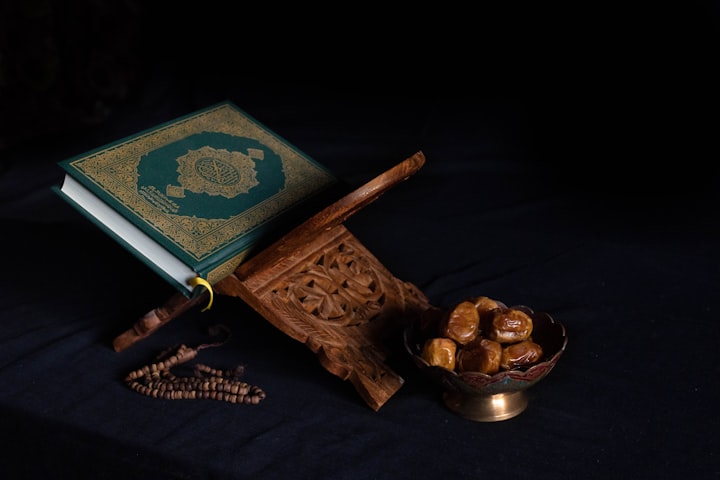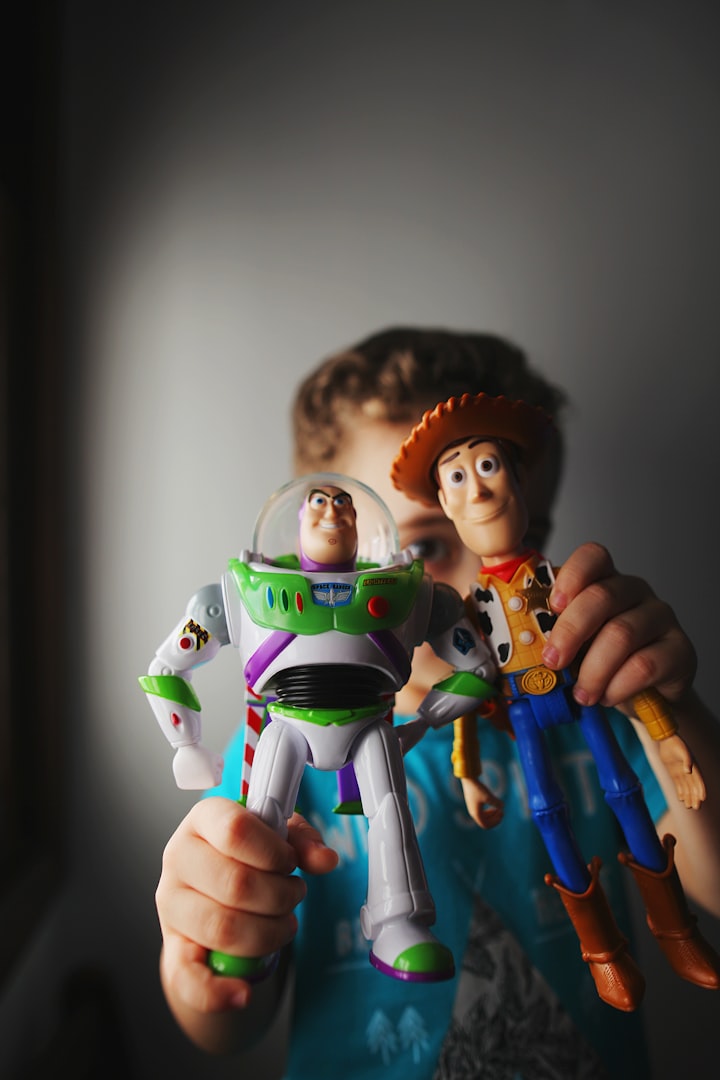What is Ramadan?
Find out what the holy month of Ramadan is and what it means to muslims

Introduction
Ramadan is the ninth month of the Islamic calendar and is observed by Muslims worldwide. It is a time of spiritual reflection, prayer, and fasting. Muslims believe that during this month, the gates of heaven are open, and the gates of hell are closed. It is an opportunity for Muslims to focus on their relationship with God, increase their worship, and reflect on their faith. In this blog post, we will explore the significance of Ramadan, its origins, the rituals, and the benefits of observing Ramadan.
Origins of Ramadan
The origins of Ramadan can be traced back to the 7th century when the Prophet Muhammad received the first revelations of the Quran. These revelations continued over a period of 23 years and form the basis of the Islamic faith. The month of Ramadan was made obligatory for Muslims in the second year after the migration of the Prophet Muhammad from Mecca to Medina.
The Quran describes Ramadan as a time of fasting, prayer, and reflection. The month of Ramadan is also believed to be the month in which the Quran was first revealed to the Prophet Muhammad. It is believed that the first revelation occurred on the 27th night of Ramadan, which is known as Laylat al-Qadr or the Night of Power.
The Significance of Ramadan
Ramadan is a time of spiritual reflection and renewal. It is a time to strengthen one's faith, to seek forgiveness for past sins, and to reflect on the blessings of God. During this month, Muslims fast from dawn to sunset, abstaining from food, drink, and other physical needs. The fast is broken at sunset with a meal called iftar. This meal typically consists of dates, water, and a variety of traditional dishes.
The fast of Ramadan is considered one of the Five Pillars of Islam. The other pillars are the declaration of faith, prayer, giving to charity, and making the pilgrimage to Mecca. Observing the fast is an act of obedience to God and a means of purifying the soul. It is also a reminder of the suffering of those who are less fortunate and a time to give generously to those in need.
The Rituals of Ramadan
1. The rituals of Ramadan vary depending on the culture and region. However, there are some common practices that are observed by Muslims worldwide. These include:
2. Fasting: Fasting during Ramadan is obligatory for all adult Muslims who are able to fast. It is a time of self-discipline and self-control, during which Muslims abstain from food, drink, smoking, and other physical needs from dawn to sunset.
3. Prayer: Muslims are encouraged to increase their prayers during Ramadan. The night prayer, also known as Tarawih, is performed after the evening prayer and can be performed in congregation or individually.
4. Quran Recitation: The recitation of the Quran is an important aspect of Ramadan. Muslims are encouraged to read the entire Quran during this month. Many mosques organize Quran recitation sessions and competitions during Ramadan.
5. Charity: Giving to charity is an important aspect of Ramadan. Muslims are encouraged to be generous and to give to those in need. Many Muslims choose to give their Zakat, which is a mandatory charitable contribution based on a percentage of their wealth.
6. Iftar: Iftar is the meal that breaks the fast at sunset. It is a time for family and friends to gather and to share a meal together. Many mosques and community centers also organize iftar meals for those who are less fortunate.
Benefits of Observing Ramadan
1. Observing Ramadan has many benefits, both spiritual and physical. Some of these benefits include:
2, Increased Spirituality: Ramadan is a time of spiritual renewal and reflection. It is an opportunity to strengthen one's relationship with God and to seek forgiveness for past sins.
Self-Discipline
3. Improved Physical Health: Fasting has been shown to have many health benefits, including improved blood sugar control, reduced inflammation, and weight loss.
4. Empathy for the Less Fortunate: Fasting during Ramadan can help to cultivate empathy for those who are less fortunate. By experiencing hunger and thirst, Muslims are reminded of the suffering of those who are living in poverty or experiencing food insecurity.
5. Community Building: Ramadan is a time for community building and strengthening relationships with family and friends. It is a time for gathering together for iftar meals and sharing in the blessings of the month.
6. Increased Generosity: Giving to charity is an important aspect of Ramadan. It is a time for increased generosity and giving to those in need.
7. Improved Self-Control: Fasting during Ramadan requires a great deal of self-control and discipline. This can translate into other areas of life, such as work, relationships, and personal goals.
Conclusion
Ramadan is a month of spiritual renewal, self-discipline, and community building. It is a time to reflect on one's relationship with God, seek forgiveness, and increase one's worship. The rituals of Ramadan, including fasting, prayer, Quran recitation, charity, and iftar, are designed to help Muslims deepen their faith and cultivate empathy for those who are less fortunate. Observing Ramadan has many benefits, including increased spirituality, improved physical health, and community building. Overall, Ramadan is a time for Muslims to come together and strengthen their faith and relationships with one another.
About the Creator
Thynk Outside
I write stories, helpful ways to earn onlinem and motivational blogs. Subscribe to my page and never miss a post that can change your life.






Comments
There are no comments for this story
Be the first to respond and start the conversation.